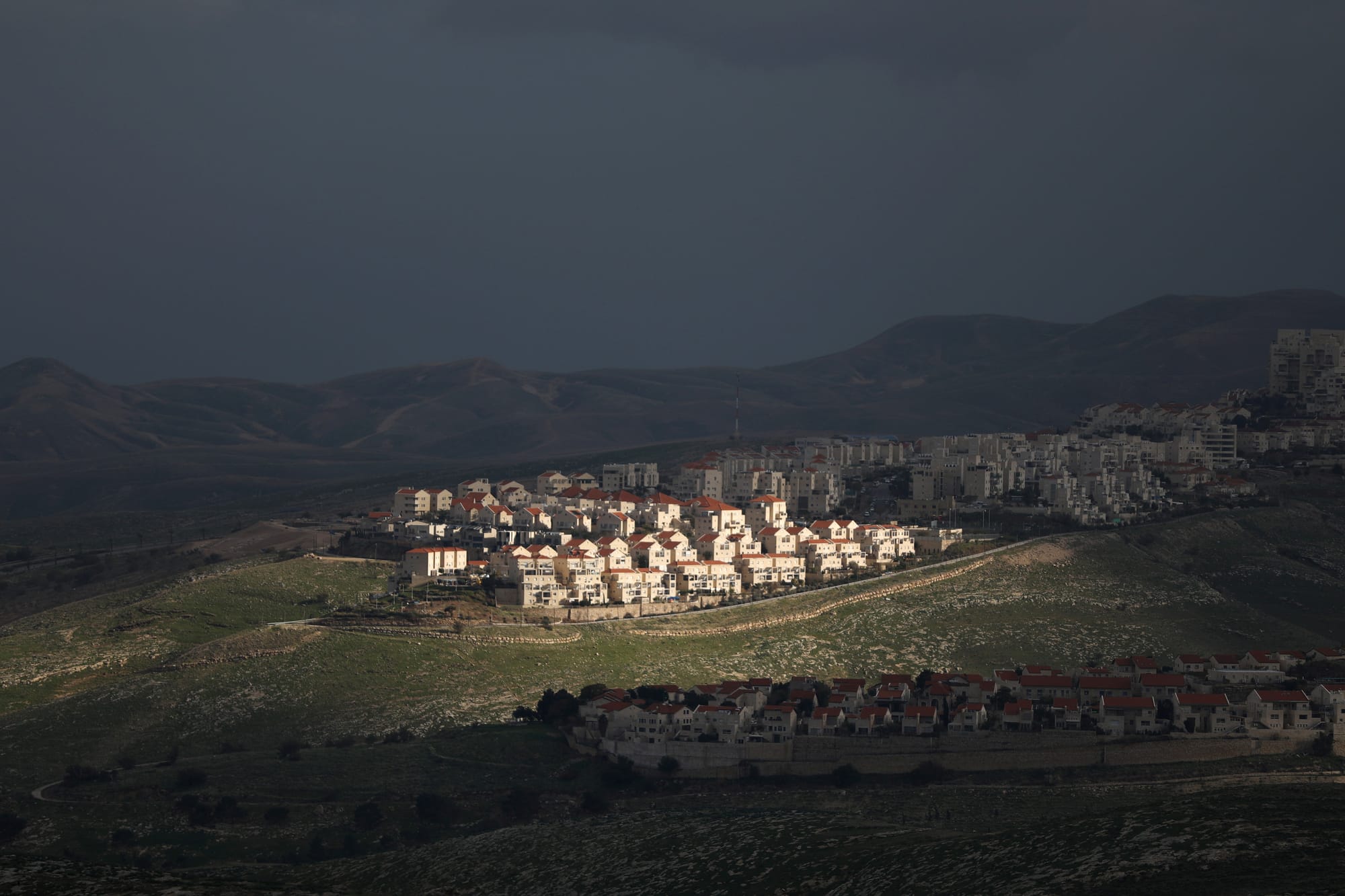Settler Colonialism’s Enduring Entanglements
The spring 2022 issue of Middle East Report, “Settler Colonialism’s Enduring Entanglements,” brings together a wide range of geographic and disciplinary perspectives on settler colonialism from the Middle East, North Africa and the metropole. While there are rich literatures that deal with the two m











